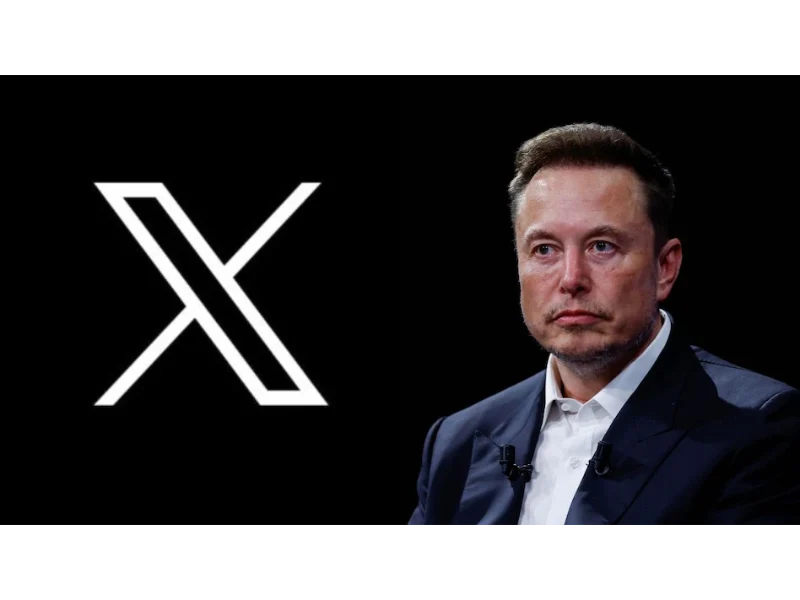- A federal judge ruled that Twitter (now X) violated its contract by not paying promised bonuses to employees.
- Mark Schobinger’s lawsuit alleged these commitments were made both before and after Elon Musk’s acquisition of the platform.
- The judge’s decision, favoring California law, found Twitter’s failure to honor these commitments constituted a breach of contract.
In a significant legal development, a federal judge ruled on Friday that Twitter, now known as X, had violated its contractual obligations by failing to disburse bonuses amounting to tens of millions of dollars, as orally assured to its employees. This lawsuit was initiated by Mark Schobinger, a former senior executive in Twitter’s compensation department, on behalf of himself and other current and former Twitter employees, in June of this year.
Last year, Elon Musk acquired Twitter at a staggering price, promising to make it more open and engaging. However, his reforms, including staff cuts and closing global offices, led to a drop in revenue. Musk’s attempts to change user experience with new rules faced backlash, causing many to leave. Twitter lost users, partners, and valuable content, now facing legal, financial, and competitive pressures. Can Musk save Twitter or is it just a playground for him?
Mark Schobinger, who is based in Texas, contended that despite repeated assurances by company executives, including former Chief Financial Officer Ned Segal, a portion of the bonuses due in 2022 had not been paid out to employees by the first quarter of 2023. These commitments were made both before and after Elon Musk’s acquisition of the social media platform in October 2022.
Schobinger argued that employees had taken these promises into account when making decisions about their continued employment at the company. He disclosed that he had himself turned down other job opportunities due to the bonuses he had been promised.
Verbal promises vs. Contractual obligations
Twitter’s legal defense hinged on the assertion that these promises were merely verbal commitments and did not constitute binding contractual obligations. They cited California Civil Code section 1646, which pertains to contract interpretation based on the place of performance, suggesting that Texas law should apply.
Also read: Bezos vs Musk: Space race CEOs are vying for history, but only the 1% will benefit
Judge’s ruling favors California law
U.S. District Judge Vincent Chhabria, however, declared that the case should be governed by California law. He explained that the choice-of-law provision in the law “applies only to matters of contract interpretation, not to issues of contract validity or enforceability.” Since Twitter did not argue that Texas law should apply under the government interest approach, it defaulted to California law.
Chhabria argued that, under California law, Schobinger had a plausible claim of breach of contract. He emphasized that once Schobinger complied with Twitter’s requirements, Twitter’s proposal to pay him a bonus became a binding contract under California law. Any refusal to pay him the promised bonus would thus constitute a breach of that contract.
Shannon Liss-Riordan, Schobinger’s attorney, expressed satisfaction with the ruling, asserting that it is a significant decision directly relevant to the claims they have brought on behalf of nearly two thousand Twitter employees.
Also read: Elon Musk’s X.AI is a bottomless money pit
X’s counterarguments rejected
Chhabria contended that X’s counterarguments were entirely without merit. Twitter argued that the performance bonus plan was not an enforceable contract because it only specified discretionary bonuses. However, Chhabria clarified that Schobinger was suing to enforce Twitter’s alleged subsequent oral commitments that, if employees stayed with the company, they would actually receive a certain percentage of the annual bonuses set forth in that plan.
The social media platform also asserted that oral statements were unenforceable because they contradicted the terms of the performance bonus plan and did not comply with California’s “special rules for oral modifications of written contracts.” However, Chhabria pointed out that these rules only come into play when a valid, enforceable written contract already exists, and Twitter itself argued that its discretionary bonus plan was never valid or enforceable from the outset. Schobinger’s primary promissory estoppel claim was “narrowly dismissed,” but allowed for amendment since plaintiff still needs to take the (seemingly pointless) extra step of pleading that the contract may be unenforceable. Twitter’s legal representatives did not immediately respond to requests for comment.

